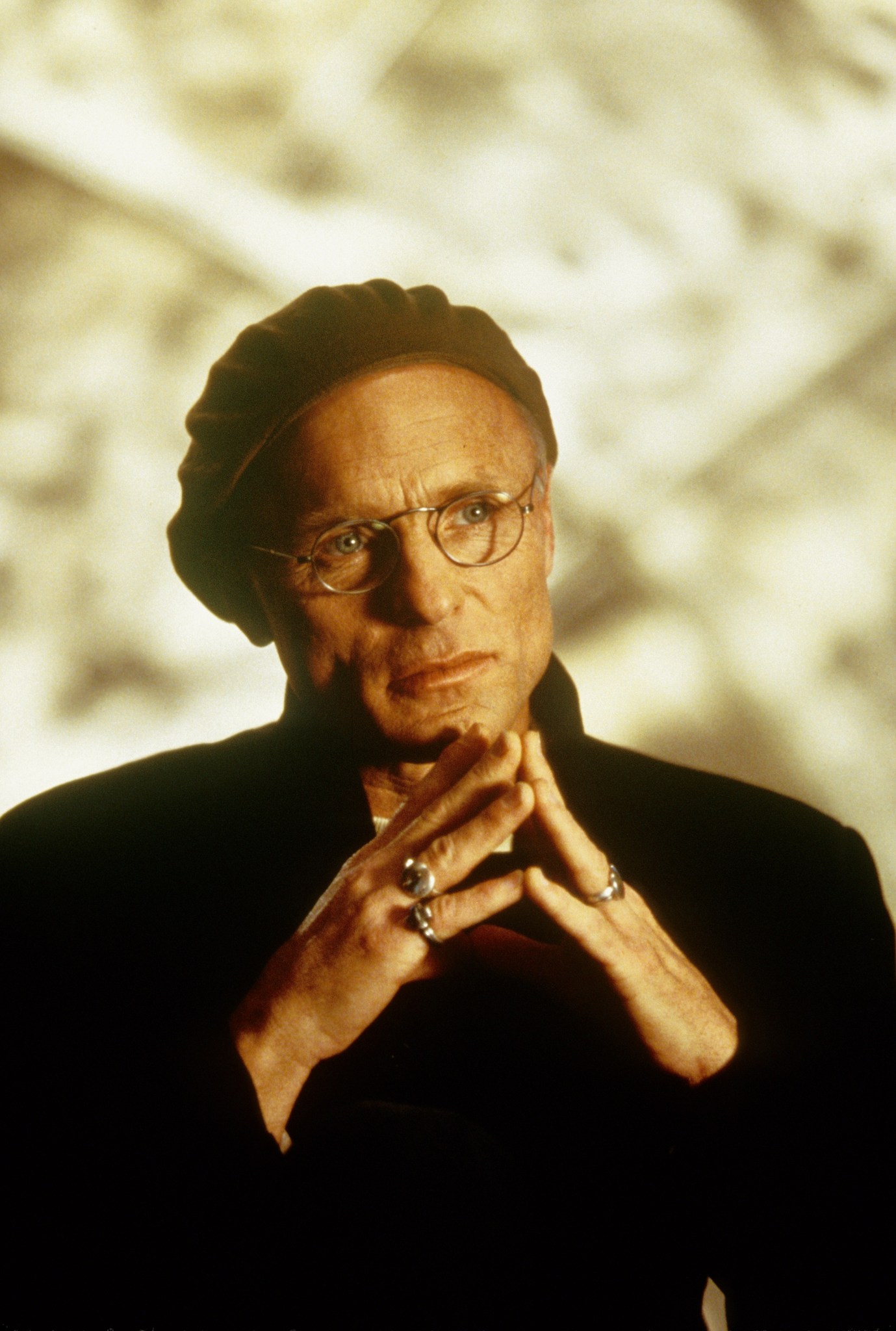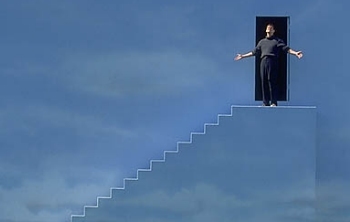Reasons Why The Barbie Movie Is Kenough
As a self-proclaimed Barbie enthusiast, I have been looking forward to the Barbie movie for quite some time. I circled Barbie release day on my calendar (in pink, of course) when it was announced 11 months ago, and I’ve been counting down the days ever since. And for the record, I’m not just jumping on the bandwagon (or in this case, into the hot pink convertible) when I say that I love Barbie. Look no further than my phone wallpaper or the shelves in my bedroom if you need to see my credentials. That said, I also felt it was important to leave my Barbie biases outside the theatre and to watch with an open and honest mind. So, without further ado, this is an unbiased review of the Barbie movie, written by a biased Barbie lover.
This review contains spoilers.
Greta Gerwig’s Barbie is set in matriarchal
Barbie Land, where Stereotypical Barbie (Margot Robbie), along with the rest of
her fellow Barbies are self-sufficient and successful working women. They are doctors,
scientists, athletes, and political leaders. Not only are these Barbies
accomplished, but they also take full credit for their own accomplishments and
celebrate them unapologetically. Meanwhile, the Kens of Barbie Land, including
Beach Ken (Ryan Gosling), spend their days relaxing by the beach, cheerleading,
and trying to impress their Barbies. When Stereotypical Barbie begins to
experience “malfunctions,” she travels to the real world, accompanied by Ken, to
find the source of these malfunctions and return to normal.
The Barbie movie covers a lot of ground in a very
short amount of time. It doesn’t shy away from complex or controversial subject
matter (namely patriarchy and misogyny), and most of the criticisms I’ve heard
are related to the movie’s handling of these topics. But despite the prominence
of these themes in Barbie, they are all ultimately bookended by Barbie’s
decision at the beginning of the movie to leave Barbie Land and rid her body of
imperfection, and her decision at the end of the movie to leave Barbie Land
again, this time to become a human being, prone to the imperfections she once
sought to alleviate. While she once was repulsed by her cellulite, cold
showers, and thoughts of death, now she begs for and embraces a body that will
change, experience discomfort, and eventually die. In this sense, Barbie Land’s
run-in with patriarchy, which is so controversial among reviewers, is arguably
secondary to Barbie’s own personal journey of self-love and self-actualization.
To me, that’s what the Barbie movie is all about. It’s
not a story of man vs. woman: It’s a celebration of womanhood and of the beauty
to be found in our complexities as human beings.
There’s an especially poignant and evocative scene in Barbie that perfectly encapsulates this message. Shortly after arriving in the real world, Barbie sits down next to an old woman on a park bench. After spending several moments sitting in silence and people-watching, Barbie tells the woman she is beautiful. She responds, “I know it,” and the two women, young and old, laugh together.
I read an interview of Greta Gerwig, and she speaks briefly of this scene: “It’s a cul-de-sac of a moment, in a way— it doesn’t lead anywhere. And in early cuts, looking at the movie, it was suggested, ‘Well, you could cut it. And actually, the story would move on just the same.’ And I said, ‘If I cut the scene, I don’t know what this movie is about.’ That’s how I saw it. To me, this is the heart of the movie.”
This scene represents the first moment in which Barbie
recognizes that beauty isn’t all about high heels and smooth skin, but that there
is profound beauty to be found in the complexities and realities human life. So
much so that Barbie will eventually choose these things over her previous plastic
perfection.
The tone of that scene on the park bench is particularly intimate and emotional, but I found that a lot of the playful and comedic scenes also serve to further illustrate this message. One of my favourite examples is the very last scene of the movie, in which Barbie, human for the first time, marches up to the receptionist of a doctor’s office and overenthusiastically announces: “I’m here to see my gynecologist!” I’ve heard so many people criticize Barbie for its rapid shifts in tone (One reviewer described their theatre experience as giving them “whiplash”). But I truly can’t think of a more effective way to show a genuine celebration of even the most uncomfortable aspects of womanhood than through Barbie’s carefree excitement to see her gynecologist.
But is pain and discomfort really a cause for
celebration? Why should Barbie choose to return to a world that oppresses her
and pushes her around?
Greta Gerwig points us towards the answer at the end
of the movie, when Barbie speaks to her creator, Ruth Handler, about her
decision to become human. Ruth warns Barbie that to become human means to sacrifice
the comforts and guarantees of her previous life, and Barbie responds that she
doesn’t want to be the “idea” anymore, and that instead she wants to be the one
to create.
There’s a Japanese art called Kintsugi that involves repairing broken ceramics with lacquer and gold, creating winding golden patterns where once there were cracks and scars. It is built on the idea that embracing flaw and imperfection is the gateway to unique, transcendent creation.
And to
me, this idea is at the heart of the Barbie movie. Barbie celebrates the
mediums of expression that each of us possesses as human beings to tell our
unique and creative stories, inspired in us by our individual sets of
experiences, however challenging or difficult they may be.
And that’s exactly what the movie is: Greta Gerwig’s
unique and creative story.
At the end of the Barbie movie, America Ferrera has a
monologue about the impossible double standards that women are held to (they
have to be thin but not too thin, they have to have money but they can’t ask
for money, they have to be a boss but they can’t be mean, etc.). And then she says,
“And if all of that is also true for a doll just representing a woman, then
I don’t even know.”
In the few weeks since the Barbie movie came out, I
have heard so many different critiques, a lot of which contradict each other in
an almost comical way. It got me thinking about Ferrera’s monologue and the
fact that everything that Ferrera’s character says about womanhood is not only
true about a doll representing a woman; It’s also true about a movie representing
a doll representing a woman. People expected it to accomplish something
without being too preachy, to embody “girl power” without offending men, to
speak to our nostalgia without being fanservice. It had to be exciting, but not
so exciting that we actually went out and bought Barbies, because that would make
it a glorified toy ad with a capitalist agenda. It had to be funny, but it
still had to say something, but it couldn’t have too many tone shifts.
I’m not trying to say that Barbie shouldn’t be
critiqued. The fun part about art is that everyone responds to it differently. But
Barbie doesn’t
need to single-handedly solve a social problem or answer for every
Barbie-related controversy that has ever come up or make every audience member
happy. Barbie is the fun and creative output of a woman with a unique story
to tell and a voice with which to tell it, and that should be












